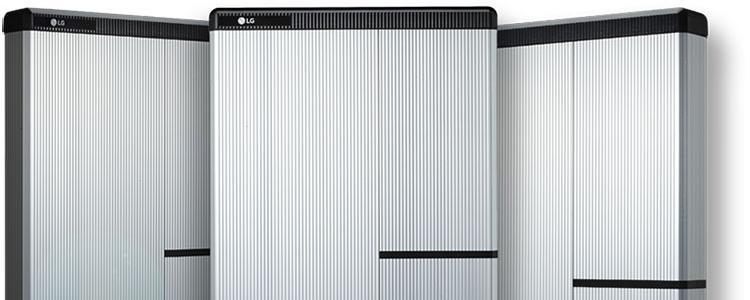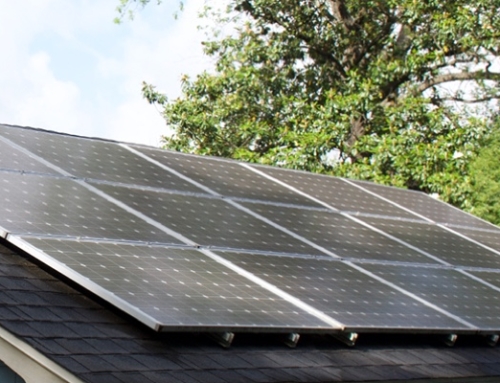Are you looking for the best solar battery to complement your solar panels?
A solar battery backup will power your home during blackouts caused by severe weather, or during grid outages due to increasing demands on our aging infrastructure.
In addition, you can be more independent from your local utility with a solar-plus-battery system. This climate-change duo will help you avoid peak utility hours and rising energy costs and keep you going when it gets dark.
Two Things before You Begin
1. Consider the conditions under which your battery must work and the types of batteries that are on the market today.
2. Understand the power needs of your home with your solar technician to choose the right battery option.
(World Class Solar walks you through this.)
Batteries and solar systems work together to effectively manage several conditions:
- Unstable Grid Energy: Many utility companies have blackouts or unforeseen power surges that zap your neighborhood of energy. (It’s becoming common.) Your solar battery should kick-in and run power to your home so the lights stay on and you stay connected to the community.
- Heavy Cycling: Your solar battery will charge and discharge during use. The term “charge cycle” is used to specify a battery’s expected life. The number of cycles affects how long it will last as time goes on. The warranty for its lithium-ion battery runs for ten years (one of the best!).
- Irregular Full Recharging: What happens to your solar system if the battery is not fully charged on a consistent basis? You need to count on using its backup energy when you need it. Make sure your battery works for you and delivers power to your home when you need it.
Three Common Battery Types
Once you make the decision to go solar-plus-battery, our technicians will walk you through a customized solar system that meets your needs. Here at World Class Solar we use LG Chem’s lithium-ion battery. LG Chem is a world leader in lithium-ion batteries and is used by trusted brands like Apple and Volvo.
As you do your research, you’ve probably heard of the following common battery types:
- Lead-acid: This older battery technology has been used in renewable energy for a long time. These batteries could be a good option for homeowners who want to go off the grid and are relatively low in cost.2 “Off-the-grid” is for homeowners who can’t rely on a local utility.
- Lithium-ion: Most homeowners want to, and need to, stay connected to the grid. Current research from the “US Energy Storage Monitor 2017” report indicates lithium-ion batteries dominating the market.3 Although a bit more expensive, it is the most popular battery for homeowners due to its superior performance and reliability with your local grid.
- Flow: This type of battery is the newest option for solar storage. They don’t degrade over time, so they can last much longer than other types. But its complex chemistry often requires additional energy and cost.4 This battery could be a good option in the future but currently, lithium-ion is the clear winner.5
Understand Your Power Needs and Take Control of Your Energy Future
Again, it’s important to understand your power needs when going solar. Our World Class solar technicians will customize a plan specifically for you. We’ll help you choose a battery big enough to handle your future energy needs, and we handle the process from start to finish.
Battery Service for Power Outages
The U.S. has the highest numbers of power-outage minutes for a developed nation. And almost all of our cities have energy rates that are rising every year. But you can protect your home from blackouts and lower your utility bill with Solar Battery Service. Battery storage will keep your house humming when things get dark (for approximately 8 to 12 hours) and it powers back up again when the sun comes out.



